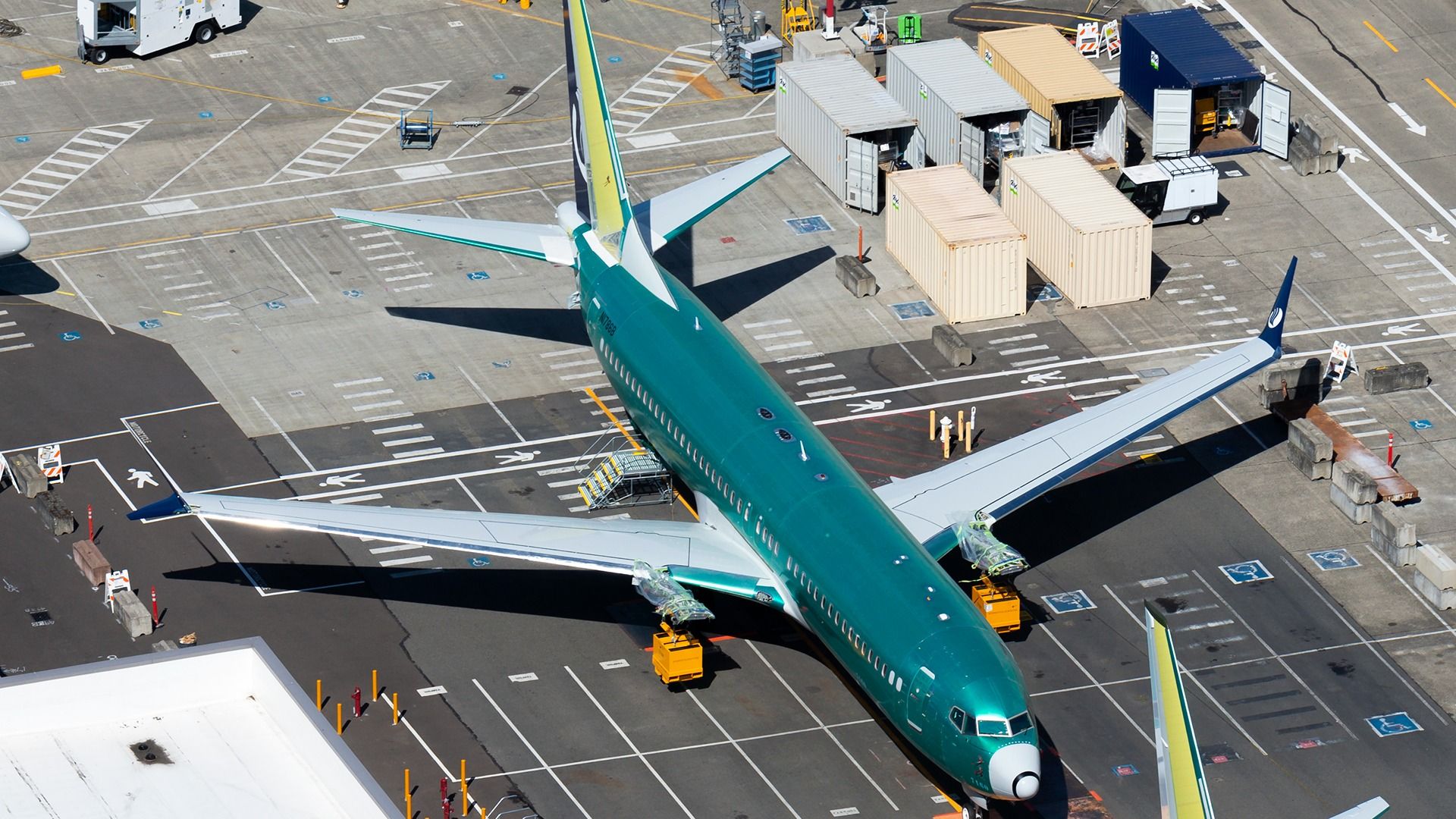World
Boeing Reports Mixed Q3 Results, Stock Declines Amid Challenges

Boeing’s third-quarter financial results revealed operational progress but were overshadowed by significant accounting challenges, leading to a decline in its stock value. The company reported revenues of $23.3 billion, a 30% increase compared to the previous year, attributed to 160 jet deliveries, marking its highest quarterly output since 2018. Free cash flow also turned positive, reaching approximately $200 million, while operating cash flow climbed to $1.1 billion. However, a substantial pre-tax charge of $4.9 billion linked to the delay of the Boeing 777X’s first delivery to 2027 contributed to a net loss per share, impacting investor sentiment.
Key Performance Drivers and Financial Overview
Boeing’s quarterly performance was buoyed by a notable increase in commercial aircraft deliveries, which surged by around 385 units year-on-year. This uplift propelled revenues for Boeing Commercial Airplanes by 49% to $11.1 billion, as detailed in the company’s financial statements. Additionally, Boeing Defense and Global Services segments experienced growth, increasing by approximately 25% and 10% respectively. Despite these gains, the company faced negative earnings per share due to the significant charge related to the 777X program, which alone accounted for $6.45 per share in losses.
The positive shift in free cash flow and stable cash reserves of $23 billion indicate a gradual recovery from previous cash burn issues. The recent approval from the Federal Aviation Administration (FAA) to increase production of the Boeing 737 MAX to 42 aircraft per month is expected to enhance working capital and production efficiency, bolstering cash generation capabilities.
Future Outlook and Challenges Ahead
Looking ahead, Boeing’s fourth-quarter outlook will hinge on its production capabilities, particularly the Boeing 777X development timeline and overall working capital management. The increase in 737 production capacity presents an opportunity for modest sequential delivery improvements, contingent on suppliers meeting demand. The stability of the Boeing 787 program is anticipated to support consolidated margin growth.
Despite these positives, the ongoing delay of the Boeing 777X continues to accumulate costs that negatively affect near-term earnings recovery, even as revenue growth shows promise. Boeing’s management remains focused on stabilizing production programs and converting its substantial backlog—valued at $636 billion and comprising over 5,900 aircraft—into tangible revenue.
Boeing’s ability to maintain cash discipline will be critical in navigating through these challenges. The trajectory of free cash flow, acceptance of firm orders, and absorption of abnormal costs will play vital roles in shaping the overall financial landscape. While headline earnings per share are constrained by development and interest expenses, the potential for recovery relies on effective execution and dependable supply chain management.
-

 Science4 weeks ago
Science4 weeks agoALMA Discovers Companion Orbiting Giant Red Star π 1 Gruis
-

 Politics2 months ago
Politics2 months agoSEVENTEEN’s Mingyu Faces Backlash Over Alcohol Incident at Concert
-

 Top Stories2 months ago
Top Stories2 months agoNew ‘Star Trek: Voyager’ Game Demo Released, Players Test Limits
-

 World2 months ago
World2 months agoGlobal Air Forces Ranked by Annual Defense Budgets in 2025
-

 World2 months ago
World2 months agoElectrification Challenges Demand Advanced Multiphysics Modeling
-

 World2 months ago
World2 months agoMass Production of F-35 Fighter Jet Drives Down Costs
-

 Business2 months ago
Business2 months agoGold Investment Surge: Top Mutual Funds and ETF Alternatives
-

 Science2 months ago
Science2 months agoTime Crystals Revolutionize Quantum Computing Potential
-

 Top Stories2 months ago
Top Stories2 months agoDirecTV to Launch AI-Driven Ads with User Likenesses in 2026
-

 Entertainment2 months ago
Entertainment2 months agoFreeport Art Gallery Transforms Waste into Creative Masterpieces
-

 Business2 months ago
Business2 months agoUS Government Denies Coal Lease Bid, Impacting Industry Revival Efforts
-

 Health2 months ago
Health2 months agoGavin Newsom Critiques Trump’s Health and National Guard Plans









